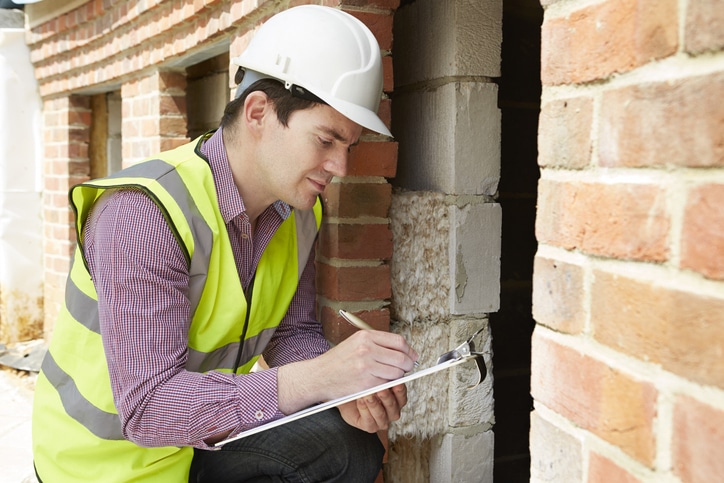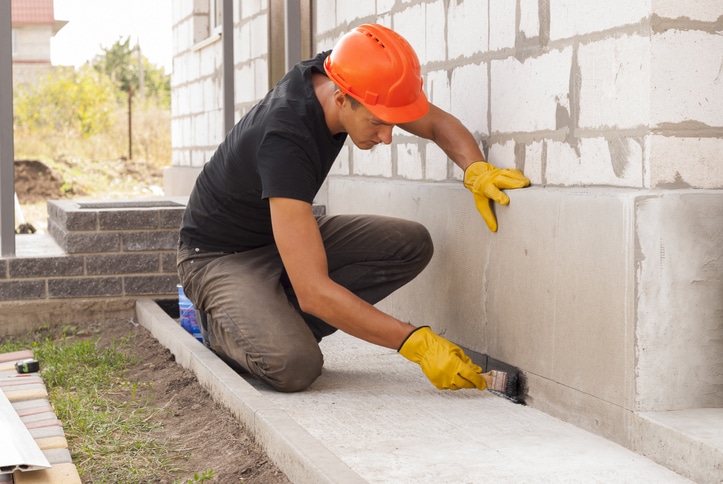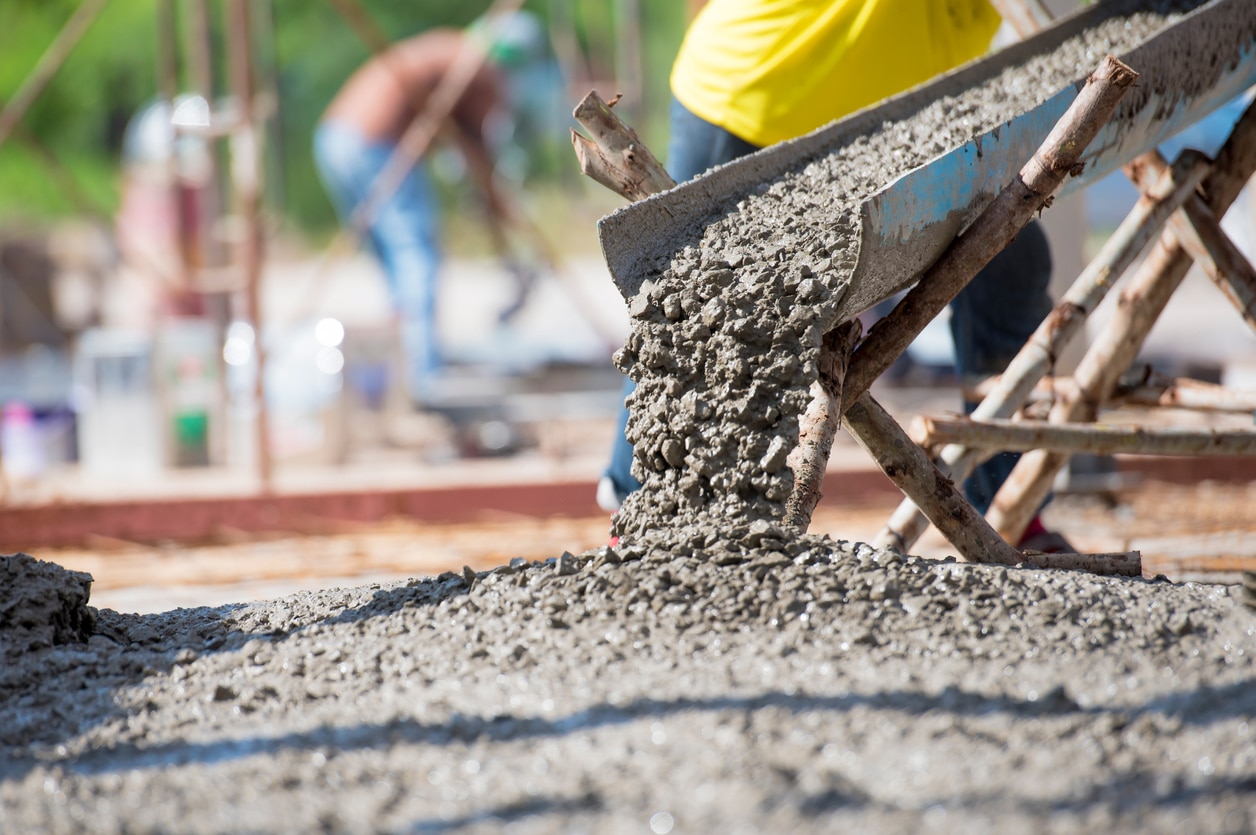You should have your foundation inspected whenever you notice problems such as gaps, unlevel floors, or doors that no longer fit their frame. Ignoring these warning signs will put your home at serious risk of instability and damage over time.
Signs That Your Home Needs a Foundation Inspection
Over time even the best-built foundations can begin to fail. When they do, it’s common to see warning signs like these:
- Cracks or gaps in the foundation wall – while tiny vertical cracks may be nothing to worry about, horizontal or diagonal gaps are serious cause for concern.
- Spaces between walls and the ceiling or floor – this is often a sign that the foundation is sinking or starting to come apart.
- Doors or windows that are hard to open or close – especially if they no longer fit easily into the surrounding frame. Cracked window panes are another potential sign of foundation damage.
- A musty or moldy odor – a failing foundation can allow water to enter the crawl space beneath your home, creating unpleasant smells and promoting the spread of disease-causing germs.
- Floors that are no longer level – sometimes this issue is a result of normal settling. Other times, however, a damaged foundation is at fault.
Schedule a professional foundation inspection right away if you notice any of these problems. The consequences of ignoring them are too great to risk.
Foundation Inspection Dallas
Here’s what you can expect when you contact our office:
- A convenient appointment set by one of our customer service experts – we know that homeowners are busy people with lots of demands on their time. We’re happy to work around your schedule.
- A thorough inspection of your home’s foundation – our experts know how to spot serious problems that require immediate attention.
- A free, no-obligation estimate – at the end of our visit, you’ll know exactly what’s going on with your foundation, giving you the facts you need to make an informed decision.
Here are some of the ways we repair damaged foundations:
- By installing steel supports in the bedrock beneath the home – we connect these components to the foundation itself, greatly increasing its strength and putting the home back on a level footing.
- By repairing and/or replacing the existing piers in your crawlspace – pier and beam foundations are a common form of construction here in the Dallas-Fort Worth area. Over time the piers can begin to bow or collapse, requiring attention from a skilled DFW foundation repair company.
- By correcting the cause of the problem itself – for example, foundation damage is often caused by rainwater flowing into the crawlspace. If this is the situation with your home, then we may install a sump pump or French drain system to prevent the trouble from recurring.
DFW Foundation Repair Company
The sooner you act, the sooner your foundation worries will be in the past. At Align Foundation Repair, we lead the Dallas-Fort Worth area when it comes to foundation repair services.
Contact us today to schedule your free inspection.




